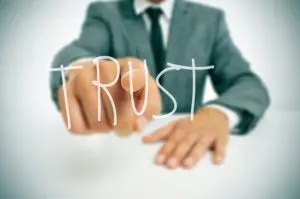
Won Sales Analysis
Won Sales Analysis
In the last blog we spoke about Lost Sales Analysis but doing some research on the topic I came across Craig Elias’s work in the area of Won Sales Analysis.
Craig Elias is the person behind Shift Selling (http://shiftselling.com/) and he is very much an original thinker but a thinker who backs up what he says with solid research.
He’s also the only person I can remember who not only delivered a great webinar but also bothered to lift up the phone and call me after the webinar. He also said at the end of the phone conversation, “If I ever can be of any help, please get in touch” and he sounded like he meant it.
Craig got me thinking not just about the importance of Lost Sales Analysis but perhaps more importantly, the topic of Won Sales Analysis. In other words finding out why people bought from you, understand the trigger events and the characteristics of the opportunity. I’ve borrowed almost entirely from Craig but I’ve also wondered about the effect of personal interactions. In other words what effect did my personality have on the sales process, ‘did they trust and like me’. In fact I really believe, perhaps the most important maxim in sales is “They may forget what you said — but they will never forget how you made them feel” (Carl W. Buehner).
Nonetheless above all, research shows that ‘integrity’ is the most important characteristic of a sales person.
It is, however well worth considering the science behind persuasion. We’ve done a blog piece on persuasion in the past, see here 50 Secrets from the Science of Persuasion .
However asking questions around the elements of trust and likability in the Won Sales Analysis process can be difficult and you could risk turning a good relationship into a bad one. I shall return to the issue of testing interpersonal relationships in a later blog.
You can find Craig Elias’s Won Sales Analysis Workbook here http://shiftselling.com/won-sales-analysis/ but in summary it’s;
- What event or events led up to this purchase? What event or events created the dissatisfaction with the ‘Status Quo’? In sales terms the ‘compelling event’
- When did these events happen? Understanding the sequence of events is as important as the events themselves.
- Why did you choose us? However DON’T ask WHY, which can be considered impertinent or curt, it’s better to ask “Any particular reason why you chose us?”
- How could we have made it easier to become a customer? Asking this question will help you to identify how you can ease the purchase decision and remove unnecessary barriers.


